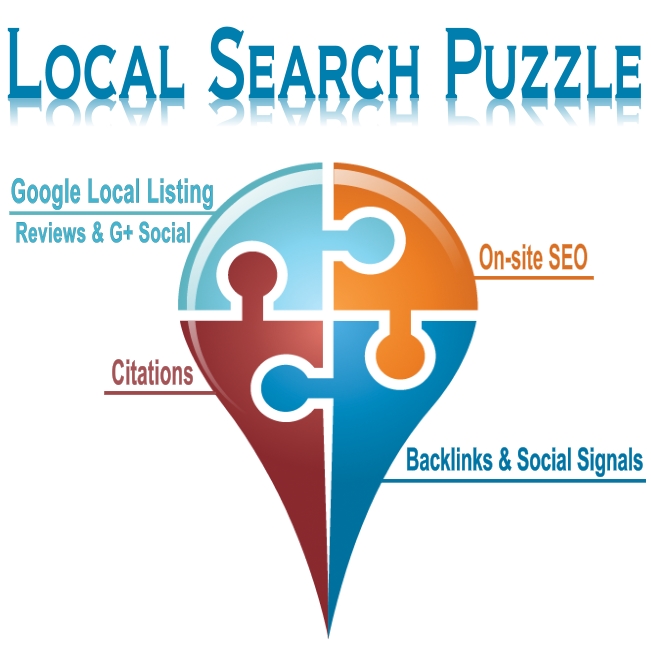We tell our clients over and over again that the accuracy of their online listings can make or break their advertising efforts. If your listings don’t have accurate, consistent information across the board, then you’re fighting a losing battle.
Our lectures are often met with skepticism. How important could all these little listings really be?
In Moz’s latest “Whiteboard Friday” video, George Freitag explains why listing accuracy is vital. Here’s an industry leader repeating exactly what we’ve been saying for years:
Google takes trust very seriously. So how does Google determine trust? That is where listing accuracy comes into play. Listing accuracy is Google’s method for determining whether or not it can trust a local business search result.
How Does Google Use Listings?
When we talk about “listings,” we’re referring to any webpages mentioning your business name, address, and/or phone number. These could include review sites like Yelp, directories like Whitepages.com, and even local news sites. Google uses these to figure out how credible your business’s information is. If the information in these listings all match what’s in your Google My Business profile, then Google will be more inclined to present your business as a local search result because the information seems trustworthy. However, on the flip side, if there are several online listings with information that clashes with your Google profile, then Google will be less likely to display your business. It won’t feel confident it can trust your information.
At the end of the day, it comes down to the reliability of information. Google wants to keep its users happy. The only way to do that is to provide them with information that’s consistently correct.
Therefore, keeping accurate listings across the web is a vital element of local search optimization. You have to keep your existing listings updated with all the right information. You also have to fix any other incorrect data floating around on the web. You may not know about this incorrect data, but Google will.
What If I Can’t Find Every One of My Listings?
Because it’s so difficult to find incorrect data in obscure places on the Internet, many small business owners have trouble asserting their presence in local searches. But this is how you can benefit from working with a local SEO company like Prospect Genius. An SEO specialist can do a deep audit of your existing web presence, find the errors you can’t, and fix them. This will give you the highest level of accuracy possible and boost your presence in local searches.
For all the details about listing accuracy, we strongly recommend you watch the full video over on Moz.
And, of course, reach out to us if you have any questions!








